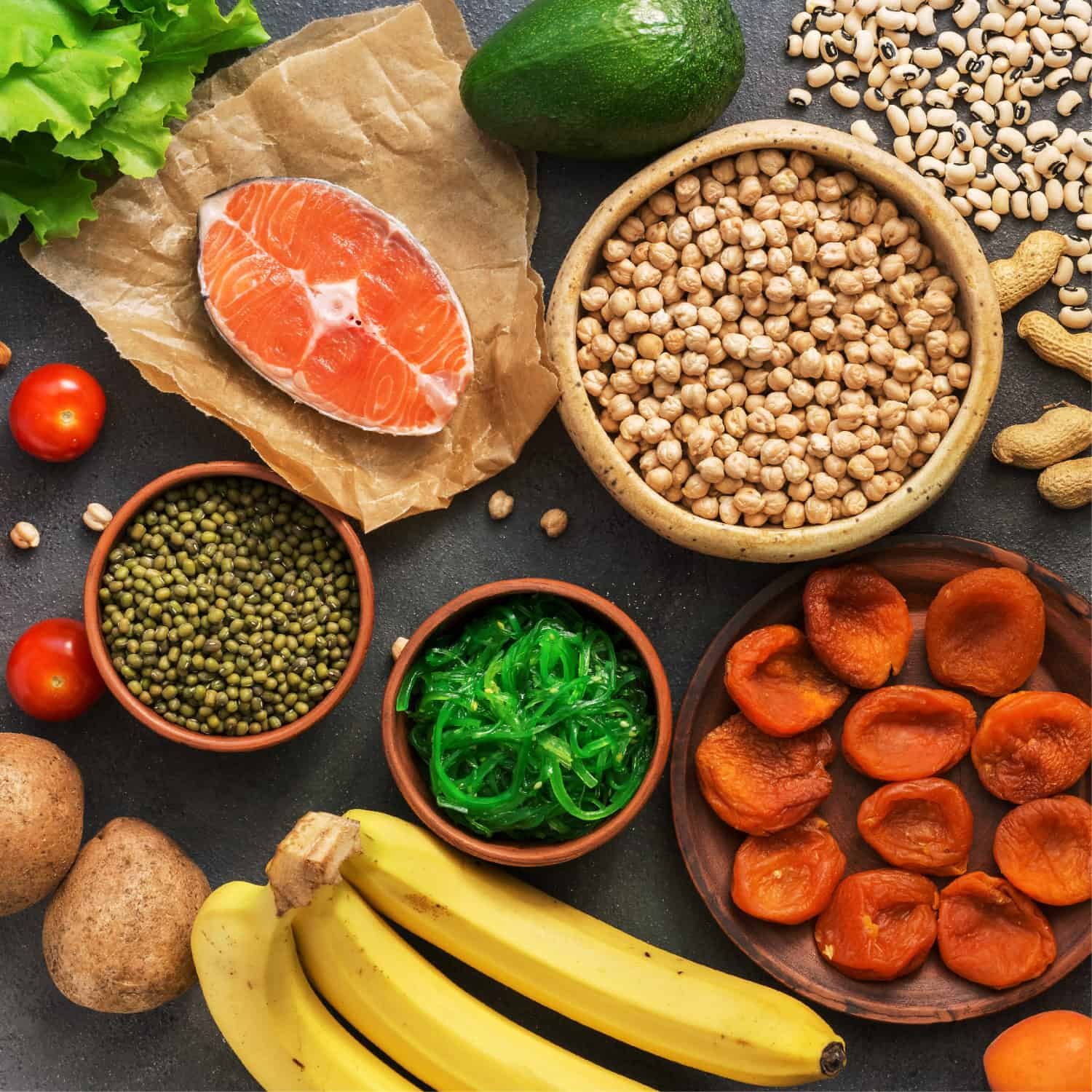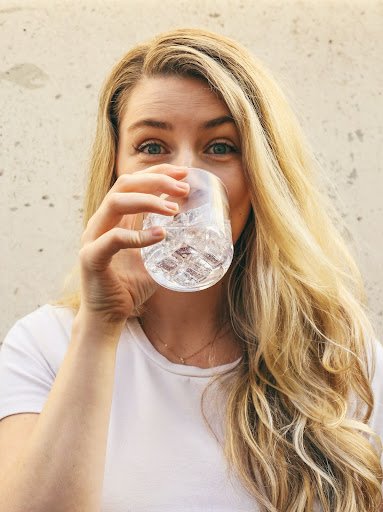You may have had it drilled into your head to drink eight glasses of water a day. That’s a handy rule of thumb, but you need to balance your water consumption with the right amount of electrolytes. Electrolytes are crucial minerals that have an electrical charge, like sodium, potassium, magnesium, and calcium. They’re essential if you want your nerves, muscles, heart, and the brain to function properly.
What are electrolytes?
Electrolytes are minerals in your body fluids that have an electrical charge, like sodium, potassium, magnesium, and calcium. They help balance the amount of water in your body, balance your body's acid/base (pH) level, move nutrients into your cells, move wastes out of your cells, and make sure that all parts of your nervous system are in tune and in harmony with each other.
Balancing Electrolytes and Water
It’s like Jenga — balance balance is key. Eating the right kind and the right amount of food, getting the right amount of sleep, doing enough exercise— all of these factors play into a healthy homeostasis. A state of balance.
The body works optimally when it has the proper amount of electrolytes and water. The more often you choose nutritious food and drink water, the less you have to micromanage this balance. Mostly you just need to recognize the signs of imbalance, and know how to correct them.
When electrolyte levels are too low or too high, it’s usually due to a change in the amount of water in your body. You need to take in as much water as you lose. Not less than that, and not much more. We commonly lose water when sweating, but kidney problems and some medicines can also upset the balance. Also when we’re sick, things like vomiting and diarrhea can easily lead to dehydration.
If you drink too much water, you can experience a low-electrolyte situation, or if you take too much of a supplement like potassium or calcium, your electrolytes can get too high. Common symptoms are cramps, dizziness, irregular heartbeat, mental confusion.
Another interesting study showed that a person's hydration status may be an important factor in their perception of acute pain. Wow, proper hydration can help with pain management!
Don’t drink just because you're trying to get in your eight glasses of water a day. Your body has a built-in mechanism to get you to drink more water when you need it, your sense of thirst. If you over-hydrate you risk diluting the electrolytes in your blood and causing what’s called hyponatremia. This can cause symptoms like confusion, headaches, nausea and bloating.
So we just need to drink when we’re thirsty? For most of us, most of the time, that should work. But it’s good to be aware that thirst isn’t always an accurate indicator of hydration status:
“Many people, particularly older adults, don’t feel thirsty until they’re already dehydrated. That’s why it’s important to increase water intake during hot weather or when you’re ill. The signs and symptoms of dehydration also may differ by age.”
Eat Your Electrolytes
While sports drink companies want to convince you to buy their products, these drinks often include a lot of sugar. It’s good to know that eating a nutritious, balanced diet will keep your body supplied with enough electrolytes to do its job. No need to reach for a high-sugar sports drink. If you are doing prolonged intensive exercise and need quick replenishment, try a sugar-free coconut water. Glucose can help you absorb electrolytes, but you don't need glucose to absorb electrolytes.
Come visit us at Parkside
Whether you’re recovering from an injury or just need a tune-up, we’re here to help. We tailor our care to your specific condition and tap into your body’s natural healing ability. Make an appointment, or if you have any questions, contact us.



